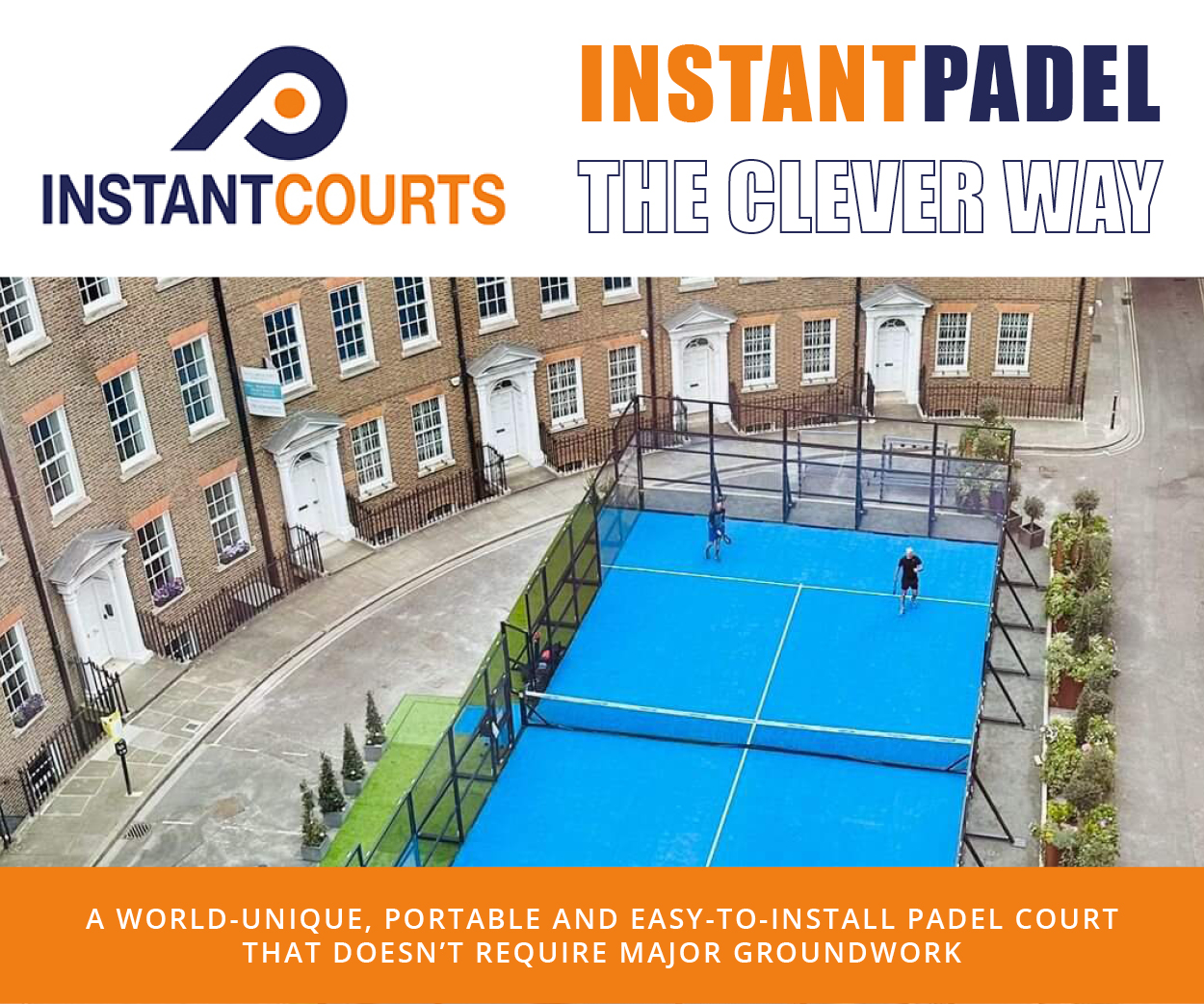In this second part of his new series for The Padel Paper, specialist padel physio Paul Deane from LDN PHYSIO gives five tips to aid recovery and optimise your performance on the court…
When people start a new sport or want to improve their skills, they often overlook one of the most important components of training: rest. The body is a machine — but like all machines, it requires maintenance and care. If you drive a car for too long, it runs out of petrol and overheats. Likewise, if you push your body without rest, you’ll run out of energy and start to break down.
If you want to see real progress, you need to train consistently and sustainably, which means recovering just as hard as you train.
As a Specialist Padel Physiotherapist, here are my top five tips to optimise recovery:
- Sleep: 7–9 Hours Per Night
Sleep is one of the most critical factors for performance. It gives your body a chance to shut down non-essential systems and focus on repair and recovery. If you struggle to get seven hours of sleep, try improving the quality of the sleep you do get:
· Move during the day – Avoid staying sedentary at your desk
· Get natural light – Exposure to daylight helps your brain recalibrate your sleep-wake cycle
· Stick to a routine – Regular bedtimes and wake-up alarms help your body adapt. Over time, you may find yourself waking naturally before your alarm
· Avoid late-night eating/drinking – Food and certain drinks provide energy, which can interfere with winding down
· Limit screens before bed – Blue light stimulates the brain. Try to avoid screens at least one hour before bedtime to help your body prepare for sleep

- Limit Caffeine Intake
Caffeine can give you an energy boost when you need it, but it stays in your system for up to 10 hours. That 2 p.m. coffee? It might still be affecting your sleep at midnight.
If you’re struggling to fall asleep, consider cutting back on caffeine, especially in the afternoon. It’s great for performance but not at the cost of your recovery.
- Eat a Healthy, Balanced Diet
Consuming enough calories is crucial when exercising regularly, but many people forget to get enough protein. Protein is the building block for muscle repair and growth.
How much do you need? It depends on your age, weight, activity level, and goals, but generally, active individuals should consume 1.2 – 2.0g of protein per kg of body weight (depending on which literature paper you read). e.g. if you weigh 70 kg, that’s up to 140g of protein per day.
Hydration is also essential, especially if you’re training hard. For someone exercising an hour a day:
· Women need approximately over 3.5 litres/day
· Men need approximately over 4.5 litres/day
Check in with your own intake. How close are you to hitting these targets?

- Prioritise Warm-Ups and Cool-Downs
Injuries often happen when your body does too much, too quickly. We’ve all been there —running late, jumping into a match without warming up. But diving into explosive movements (like an overhead smash) without preparation can increase injury risk significantly.
Take the time to warm up properly and cool down afterward:
· Warm-ups help your body prepare and reduce the risk of injury
· Cool-downs (5–10 minutes of light stretching or movement) help the body transition and recover more efficiently
Remember: Injuries = time off court, so it’s worth protecting yourself with a few extra minutes of care.
- Strength and Mobility Training
To play consistently and avoid injury, you need to build a strong, resilient body.
· Strength training helps you hit harder, move faster, and play longer
· Mobility work improves flexibility and protects your joints, especially during dynamic movements like lunging or reaching.
Don’t forget to include a deload week every 4–6 weeks. This is a lighter week of training that allows your body to actively recover while still staying in motion. Most people find their performance improves in the weeks following a deload because their body has had time to rebuild.
It might seem counterintuitive to hear that doing less can lead to doing better, but when it comes to recovery, it’s true.
Try incorporating these five tips into your routine and see the difference for yourself. Let me know how you get on!
Read part one of Paul Deane’s exclusive series for The Padel Paper here

Paul Deane has worked with elite athletes, professional sports clubs and in frontline healthcare services for over eight years. He works at LDN PHYSIO, London’s Sports Injury Specialist Physiotherapy clinic, as the Specialist Padel Physio, working alongside Sports Medicine Consultants, Strength & Conditioning Coaches, Sports Psychologists and Nutritionists to provide world-class healthcare and injury support for everyone, from the weekend warrior to professional athletes.
Follow LDN Physio on Instagram
Visit his website ldnphysio.co.uk
Or email Paul hello@ldnphysio.co.uk








































